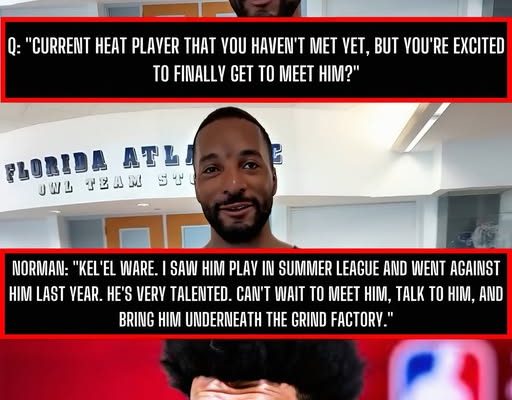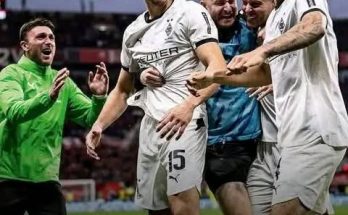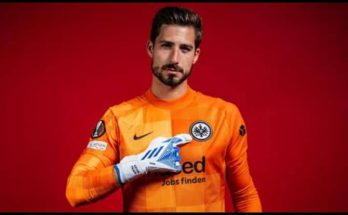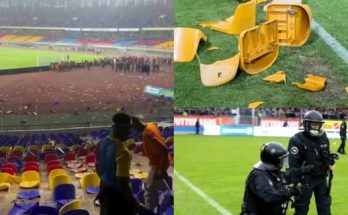The landscape of professional basketball is in constant flux, a churning sea of trades, free agency signings, and draft picks that can reshape a franchise overnight. Yet, amidst the whirlwind of roster moves and strategic shifts, some of the most profound changes occur not in the front office, but in the quiet moments of a morning workout, on the practice court, or in a locker room conversation. These are the moments where veteran leadership is passed down, where a seasoned player takes a young, raw talent under his wing, and where the culture of a team is truly forged. For the Miami Heat, a franchise built on the very idea of “Heat Culture,” the acquisition of Norman Powell and his immediate connection to rookie Kel’el Ware represents a perfect storm of opportunity, a moment where a veteran’s wisdom and a rookie’s potential intersect with the team’s core philosophy.
Norman Powell’s journey to the Miami Heat is a testament to his own resilience and a career built on proving doubters wrong. Drafted late in the second round of the 2015 NBA Draft, he was initially an afterthought, a high-motor guard with a defensive mindset but an unpolished offensive game. His time in Toronto saw him evolve from a bench player to a key role player on a championship team, learning from veterans and coaches who instilled a relentless work ethic. His move to the Portland Trail Blazers and then to the Los Angeles Clippers gave him more opportunities to showcase his scoring ability, but it was his unwavering commitment to hard work that remained his defining trait. Known for his intense “grind factory” morning workouts, Powell has always been a player who believes that success is not given, but earned through dedication. This is the very essence of the “Heat Culture” he now joins, a philosophy that prioritizes effort, conditioning, and a team-first mentality above all else. His public comments upon arriving in Miami, where he explicitly said the Heat culture “is me to a tee,” weren’t just lip service; they were an acknowledgement of a long-awaited and perfect fit.
Kel’el Ware, on the other hand, is at the very beginning of his journey. Drafted by the Heat with the 15th overall pick, he arrives in Miami with a tantalizing blend of size, athleticism, and skill.2 At seven feet tall, Ware possesses the kind of rim-running, shot-blocking potential that the modern NBA covets.3 What truly separates him from many of his peers, however, is a surprisingly fluid jump shot and a burgeoning perimeter game, skills he honed in his collegiate career. Yet, like any rookie, Ware faces a steep learning curve. The physical demands, the mental grind, and the strategic complexities of the NBA can overwhelm even the most promising young players. This is where the veteran presence of a player like Norman Powell becomes invaluable. It is one thing to be talented; it is another to understand how to translate that talent into consistent, winning performances at the highest level.
Powell’s comments about Ware weren’t just a casual observation; they were a deliberate and public expression of mentorship. When asked in an interview about a Heat player he hadn’t yet met but was excited to, Powell didn’t hesitate. “Kel’el Ware,” he said. He spoke of seeing Ware in the Summer League and playing against him the previous season, recognizing the “very talented” nature of the young center. But the most significant part of his statement wasn’t the praise; it was the promise. “I can’t wait to meet him, talk to him, and bring him underneath the grind factory—it’s what I like to call that morning workout—getting him ready and prepared for the season.” This wasn’t a coach-speak platitude; it was a genuine offer to guide Ware through the rigorous process of becoming a professional.
The “grind factory” is more than just a workout session for Powell; it’s a state of mind. It’s the belief that every day, in every drill, and with every rep, you can get better. It’s a mentality that separates the good players from the great ones, the role players from the stars. For a young, developing player like Ware, being introduced to this level of commitment by a respected veteran can be a career-altering experience. It teaches the importance of consistency, the value of repetition, and the discipline required to maintain a high level of performance over the course of a long season.
This veteran-rookie dynamic is a cornerstone of the Heat’s organizational philosophy. Miami’s success over the years has been built on a foundation of mentorship and player development. From Dwyane Wade taking a young Udonis Haslem under his wing, to Haslem himself becoming the ultimate locker room leader, the Heat have always fostered an environment where veterans are expected to pass on their knowledge. Powell, a veteran with a championship ring and a proven track record, is the perfect person to step into this role.4 His own journey, from a second-round pick to a key contributor on multiple playoff teams, is a narrative that Ware can directly relate to and learn from.
For Ware, the benefits of this mentorship are multifaceted. Beyond the physical conditioning and skill development, Powell can offer guidance on the mental side of the game. He can help Ware navigate the pressures of being a top draft pick, the scrutiny from the media, and the expectations of a demanding fanbase. He can provide a sounding board for frustrations, a source of encouragement during slumps, and a living example of what it takes to have a long and successful NBA career. This kind of off-court support is often as crucial as any on-court instruction.
Furthermore, the relationship between Powell and Ware has significant on-court implications for the Heat. Powell, a versatile shooting guard and small forward, is known for his ability to space the floor and create his own shot. Ware, a center who can operate both in the paint and on the perimeter, provides a different kind of offensive threat. The synergy between these two players could be a potent weapon for the Heat. Imagine a pick-and-roll where Powell, a threat to score from anywhere, can either drive to the basket or kick it out to a rolling Ware, or even a pop-out three-point shot from the big man. This kind of dynamic offense, fostered by a strong on-court connection, could make the Heat’s second unit particularly formidable.
The excitement surrounding this developing veteran-rookie pairing is palpable, not just for the players, but for the entire Miami Heat organization. It signals a new chapter in the franchise’s ongoing quest for championship contention. The trade for Norman Powell was not just about acquiring another scorer; it was about acquiring a player who embodies the very principles the team holds dear.5 His willingness to immediately embrace the role of mentor to Kel’el Ware speaks volumes about his character and his fit within the Heat’s unique culture. As the season approaches, all eyes will be on this budding relationship, watching how the veteran’s “grind factory” transforms the raw potential of the rookie into the polished product of a star, and how this dynamic helps to shape the next era of Miami Heat basketball.



